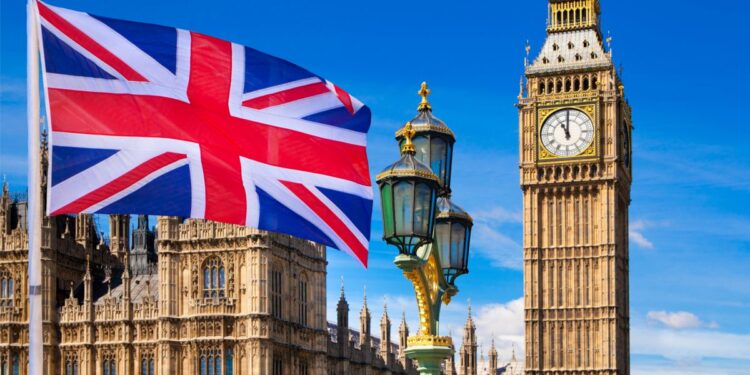The United Kingdom (UK) has announced the implementation of a new trading scheme aimed at simplifying trading rules and reducing tariffs on products from developing countries. The scheme, known as the Developing Countries Trading Scheme (DCTS), came into effect on Monday, covering 65 countries, including Nigeria.
In a statement issued by Ndidiamaka Eze, the Senior Press & Public Affairs Officer | Comms Lead, Prosperity and Economic Development, it was highlighted that the DCTS scheme offers significant advantages over the previous EU scheme. It removes or reduces tariffs and streamlines trading regulations, enabling more products to qualify for the scheme. This increased generosity is expected to save businesses and consumers millions of pounds annually.
Nigeria stands to benefit greatly from the DCTS scheme, as over 99% of its exported goods will be eligible for duty-free access to the UK market. The country will receive enhanced preferential access for nearly 3,000 products, including significant tariff reductions on cocoa paste, fruit juices, and prepared tomatoes.
The scheme was officially launched by the UK’s Minister for International Trade, Nigel Huddleston, during his visit to Ethiopia’s largest industrial business park, Bole Lemi. Minister Huddleston expressed enthusiasm about the scheme, emphasizing its potential to create opportunities for businesses worldwide, support livelihoods, generate employment, and diversify supply chains. The scheme will also reduce import costs for UK businesses and consumers across various product categories.
The UK’s commitment to using trade as a tool for development was underscored by Andrew Mitchell, the Foreign, Commonwealth and Development Office’s Minister for Development and Africa. He emphasized the benefits that the DCTS scheme will bring to traders globally, including women-owned businesses, which are being supported through the UK Trade Partnership program.
The scheme aims to benefit not only developing countries but also British companies engaged in trade with these nations, encompassing everyday products such as bicycles and camping gear. Ben Llewellyn-Jones, the UK Deputy British High Commissioner in Lagos, highlighted the importance of Nigeria as a key partner in Africa. He expressed the UK Government’s commitment to collaborating with Nigerian businesses and exporters to boost trade between the two nations. Llewellyn-Jones emphasized that the DCTS scheme would abolish tariffs on over 3,000 Nigerian export products, including cocoa, cotton, plantain, flowers, fertilizers, tomatoes, frozen shrimps, and sesame. The overarching goal of the scheme is to foster trade growth in developing countries, bolster their economies, and support job creation.
The launch of the UK’s Developing Countries Trading Scheme signifies a significant step toward strengthening trade ties between the UK and developing nations, including Nigeria. As the scheme unfolds, it is expected to enhance economic prosperity and collaboration, benefiting businesses and consumers alike.










